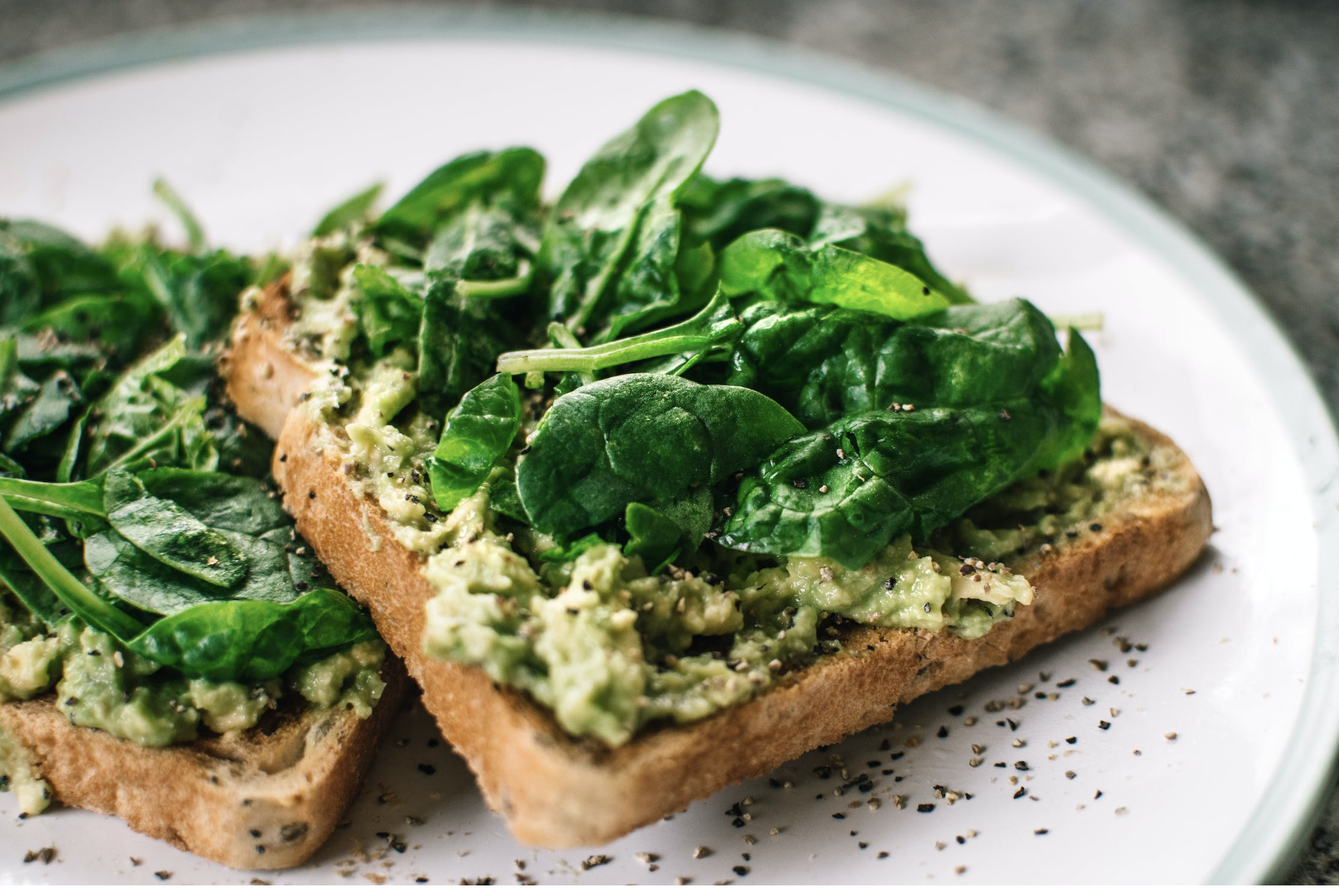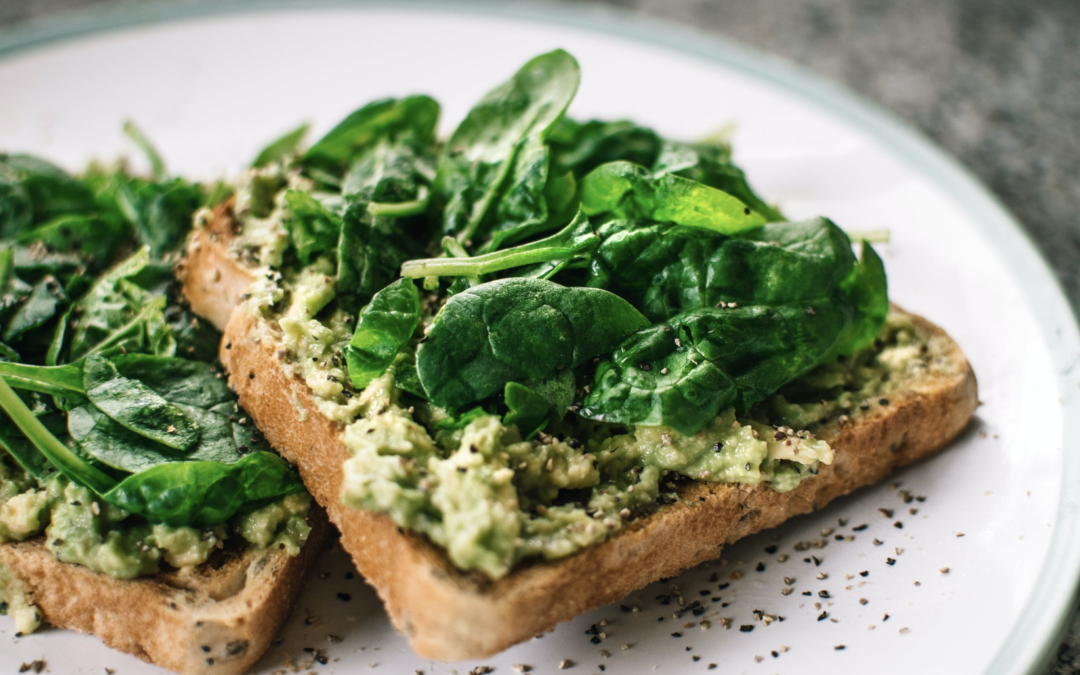
“Let food be thy medicine; thy medicine shall be thy food.” The time-honored quotation, ascribed to Hippocrates, known as the father of modern medicine, underscores the positive correlation between healthy food intake and overall health.
By recognizing food as medicine, we acknowledge the importance of a healthy diet as well as the healing and disease-preventing nutrients such a diet has.
An ancient Ayurvedic proverb takes the correlation a step further: “Without proper diet, medicine is of no use. With proper diet, medicine is of no need.”
What is a healthy diet
The World Health Organization (WHO) defines a healthy diet as one that helps protect against malnutrition in all its forms as well as non-communicable diseases, including diabetes, heart disease, cerebral strokes, and cancers.
WHO identifies what constitutes a healthy diet as follows:
Fruits, vegetables, legumes (beans and lentils, nuts and whole grains (e.g. unprocessed maize, millet, oats, wheat and brown rice) and at least 400 grams or five portions of fruits and vegetables, excluding potatoes, sweet potatoes, cassava, and other starchy roots.

What to avoid or moderate
Sugar – those naturally present in honey, syrups, fruits and fruit juices as well as those added to manufactured products — should similarly be avoided or taken in moderation.
Intake of fat should be regulated, too. Unsaturated fat (found in fish, avocado and nuts and in olive oils) are preferable to saturated fat found in fatty meat, butter, palm and coconut oil, cream, cheese and lard.
Trans-fat (found in baked and fried foods and pre-packaged snacks and foods like frozen pizza, pies, cookies and in cooking oils and spreads and trans-fat found in meat and dairy foods from cattle, sheep, goat and other ruminant animals) should also be avoided or cut down to a minimum.
Delaware.gov recommends the following dietary practices: 1) reducing daily intake of salt or sodium to less than `500 mg; 2) restricting or eliminating junk food – foods that contain refined white flour, solid fats or trans fats, added sugars and are high in sodium; 3) restricting or eliminating sodas and other high-calorie drinks that contain little to no nutrients; and 4) moderate consumption of alcoholic drinks.
Many committed healthy eaters swear by an anti-inflammatory diet to keep them fit, healthy and mentally alert.
Advantages of an anti-inflammatory diet
The goal of an inflammatory diet is to reduce chronic inflammation in the body.
While inflammation is a necessary reaction of the body to acute injury, research shows that inflammation is a leading cause of many diseases, including cardio-vascular diseases, diabetes, cancers, chronic kidney disease, non-alcoholic fatty liver disease, auto-immune disorders, and neuro-degenerative disorders.
An anti-inflammatory diet is characterized by an abundance of healthy fats, nutrient-dense foods, complex carbohydrates, legumes and plenty of fruits and vegetables. It is also characterized by the absence of red meat, processed foods , added sugars and refined grains, like white bread and white rice.

Eatingwell.com provides a short list of anti-inflammatory foods to focus on, which includes: blueberries, blackberries and raspberries, cherries, pomegranate, beets, broccoli, cauliflower, brussel sprouts, dark leafy greens (spinach, kale, and chard), nuts and seeds, especially walnuts, natural nut butters, avocado, olives and olive oil, fish, especially salmon and tuna, legumes (lentils, chickpeas and other beans), whole grains (quinoa, whole wheat bread, and brown rice), sweet potato, eggs, citrus fruits, garlic, herbs and spices, Greek yogurt and kefir.
Eatingwell.com has formulated a sample one-week anti-infammatory diet plan which may serve as a useful guide for beginners to the diet. (See: How to Meal-Prep Your Week of Meals http://eatingwell.com)
On the other hand, those looking to fight inflammation through diet should stay clear of the following highly-inflammatory foods: sodas, refined carbs and processed grains, alcohol in excessive quantity, deep-fried foods, and anything high in added sugar .
There is no denying that a quick shift to an anti-inflammatory eating style is easier said than done. It takes a great deal of motivation, determination and self-discipline to convert to a healthy diet.
Beware of crash diets
One mistake some would-be converts make is to suddenly switch to the new diet plan. A crash diet may leave you feeling deprived and hungry (which often triggers the desire to over-eat or binge) and would thus be difficult to sustain. The trick is to make gradual changes until these become more of a lifestyle change rather than a new diet fad. Avoid pre–packaged foods. Opt instead for nourishing foods high in protein and fiber that promote satiety (fullness). Favor locally -sourced fresh foods, preferably those picked from the ground.
Rather than go for an abrupt dietary change, try starting with smoothies and bran oats for breakfast, green salad with vinaigrette dressing for lunch and dinner, and a fistful of walnuts or flaxseeds for a snack.

It would help to make available a wide variety of foods with a wide variety of colors.
And if you are looking to lose weight, be sure to incorporate exercise into your daily routine.
Before you think of crash dieting, remember that severely restricting calories can leave you feeling irritable and lacking in concentration. Some studies have also revealed that when a dieter suddenly stops eating their regular food to embark on a low-calorie diet, they may suffer dire symptoms comparable to drug withdrawal.
There are other possible consequences of crash dieting:. 1) You could experience hair loss since hair requires healthy diet to keep growing; 2) Dizziness, weakness and fatigue are all likely on a crash diet. 3) Lastly, a crash diet may yield temporary results but seldom works over the long term.
The bottomline
What we eat and drink can impact our level of inflammation.
Not only is an anti-inflammatory diet able to reduce the likelihood of chronic inflammation. It can also help resolve inflammation that is already taking place inside us.
Adopting such a diet is one of the best strategies we can adopt for controlling inflammation (which underlies many diseases and disorders) but, more importantly, in improving our health and well-being overall.
Tags
References:
World Health Organization. “Healthy Diet.” https://www.who.int
Guidelines for healthy eating. https://delaware.gov
How to Meal-Prep Your Week of Meals http://eatingwell.com
Why is a gradual weight loss preferable http://linkedin.com
Diet review: anti-inflammatory diet. http://harvard.edu
Anti-inflammatory foods to focus on. http://eatingwell.com
10 reasons crash diets are bad. http://hollandbarrett.com



0 Comments